Thomas Cook, father of organized tourism.
Thomas Cook, father of organized tourism.
In the nineteenth century, people traveled a little, most were limited to finding only one place throughout their lives.
Organized tourism was a real revolution that forever changed the world. The founder of this revolution was the humble Baptist preacher Thomas Cook. This incredible man was the first to organize a commercial tour, created the first travel company in history. Cook was the first to organize a trip around the world; he began to publish the first travel magazine. The company he founded later, for the first time in history, used aviation to transport tourists. Thomas Cook, without exaggeration, can be called the founding father of tourism.To fight alcohol, Cook organized in 1841 the transportation of 570 people. James managed to negotiate with the railway companies. It was this trip that was very successfully organized from the very beginning: everyone was given tickets, people accompanied the orchestra, there was food, cultural entertainment, and access to the park. This day is today considered the birthday of tourism.
Over time, the first ever commercial tourist trip to Liverpool was organized. Cook has developed tourist routes to many European cities. In 1865, he opened for his compatriots a journey to the homeland of their ancestors.Thomas Cook carried out his activities through the agency “Thomas Cook and Son” - this is the first travel company in history. The company developed the first traveller's checks, travel guides for tourists. Cook convinced many aristocrats to open their castles for ordinary people. The incredible happened: every commoner could go into the castle of an aristocrat!
The heart of the father of tourism stopped beating in 1892.
Today, world tourism revenues exceed one trillion dollars a year, and the number of travelers is more than one billion annually. It’s even hard to imagine that it all started with one sincere Christian who did not aim to make money, but wanted to help alcohol-dependent people.

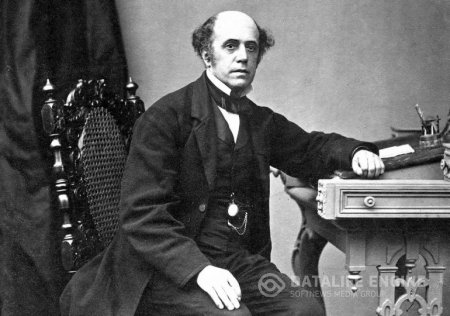

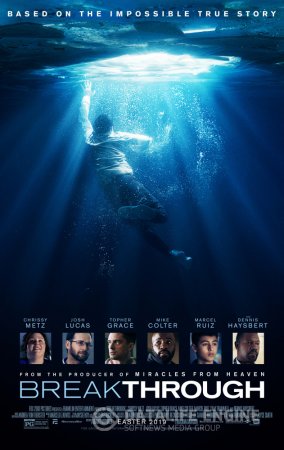
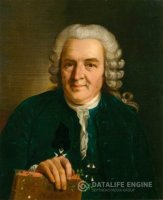
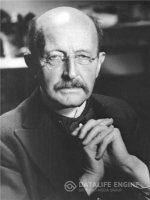

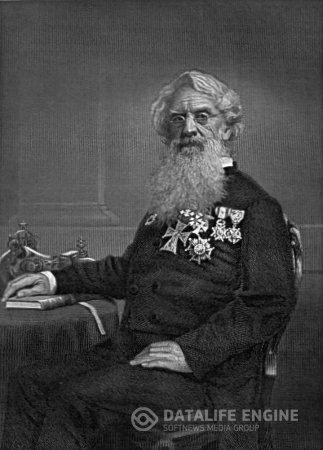
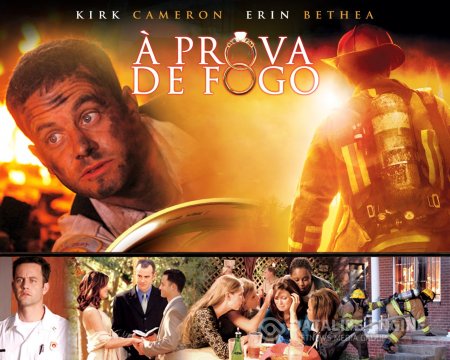

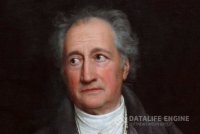

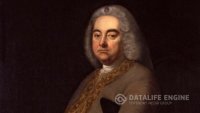
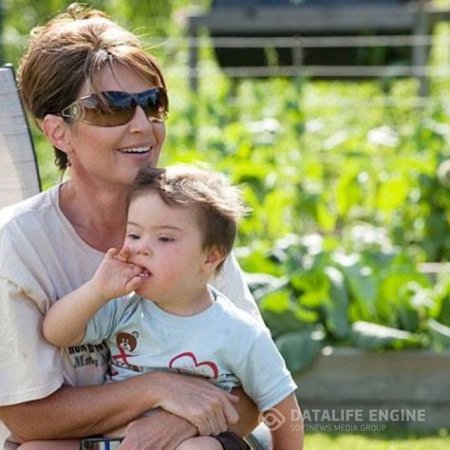
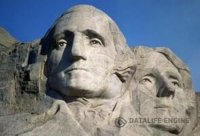
Comments (0)